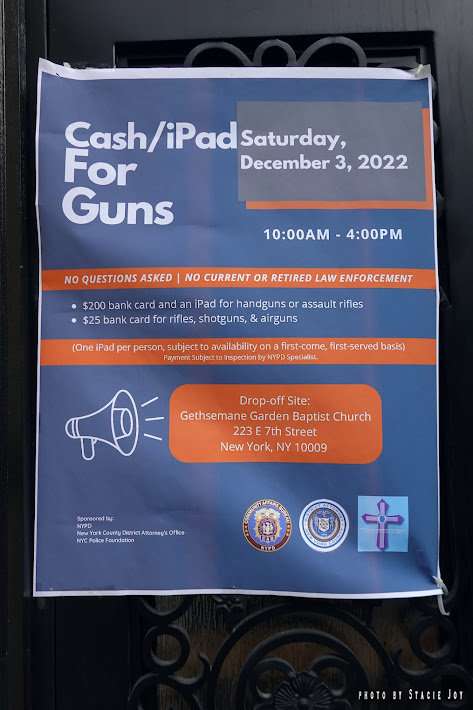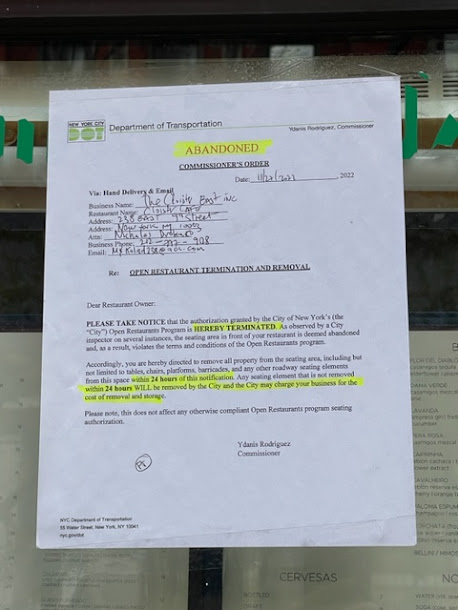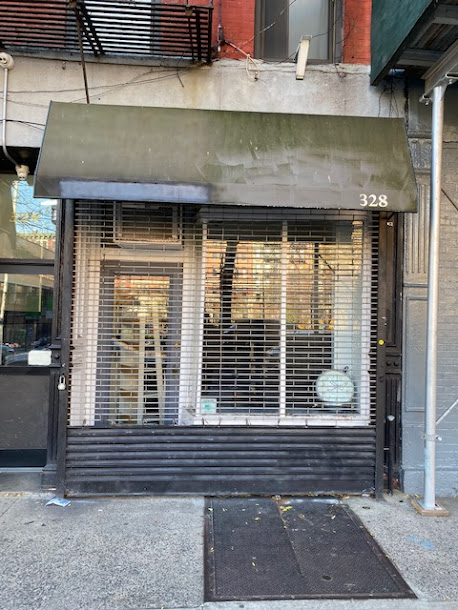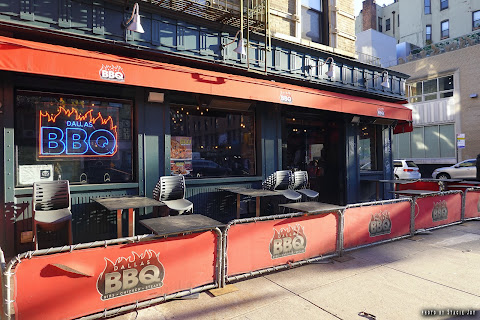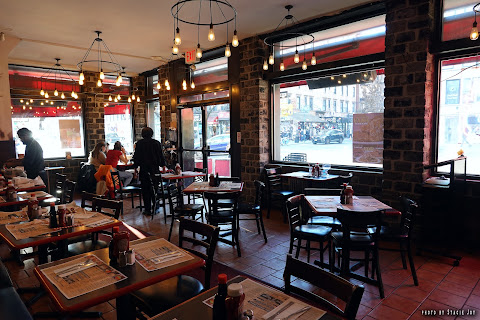As one of the first-generation pioneers of graffiti as art, Diaz is uniquely qualified to bring the story together. Together with Fox and Felisbret, the trio has stitched together a triumphant tour-de-force exhibition, one that they hope other institutions around the country would like to show.
It takes work to assemble the original pioneers of graffiti in one room. And it takes a special group to bring together an essential and special show like this.
The "City of Kings" represents "the community and a collective creativity that would evolve into something huge," Diaz says.
Though Diaz has contributed to an extensive collection of books on graffiti, this one was designed to set itself apart. The team believes that the inclusion of important historical events makes it unique.
"It's important to make clear what was going on in the world at the time," Diaz says. "Current events serve as an anchor."
As graffiti is an American visual art form, it's imperative that a show and companion book like "New York City of Kings: A History of NYC Graffiti" exists. As time has passed, many first-generation graffiti pioneers have passed away. This show is helpful in describing its history respectfully, honoring as many of those who were there to make certain that this information can be passed along for generations to come.
"To have Al Diaz do this is important; it gives credibility because the writers respect him. He was there," says self-described next-generation artist Will Power. "And that [the team] brought in the actual writers, 'the pioneers,' to be involved with it while they are still here is also important. He did this from the heart because it’s important. If anyone could pull this off, it's Al."
Diaz and Felisbret are quick to credit Fox, an associate professor at New Mexico Highlands University, as the mastermind behind the "A History of New York City Graffiti" book (Howl! Arts), available in limited edition at the show.
"One of the goals of the show was to develop a graffiti curriculum," Fox says. "We want to educate people, illuminate how New York's expansive graffiti culture took root, and explain why it's so internationally influential."
"Al wanted a timeline, and he wanted to do an oral history," she continued. "Concurrently, we started working with Eric, and Eric is a really knowledgeable graffiti expert, and he came up with a core outline of important things to cover."
One of the show's essential components is the chronological timeline, expertly illuminated through the use of the NYC subway design elements, a nod to the idea that subway graffiti is its most pure form and to show historically where specific writers used to concentrate their work. But it's also an opportunity to include other milestones and terminology.
There's a lot of deeply rooted street art information in the "City of Kings" exhibition, and the visual familiarity of the subway is a brilliant way to connect the story. Following their lead, one can follow the graphics of their most used subway line and see what important graffiti history occurred along its route.
This expansive show has two distinctly unique components, one for each of the two Howl Happening locations (6 E. First St. until Jan. 15) and the second at Howl! Arts/Howl! Archive (250 Bowery until Jan. 29.
The First Street exhibit focuses on the chronological framing. At the same time, the 250 Bowery space is an art exhibition featuring canvases by graffiti artists such as Crime 79 and photographs by Henry Chalfant, Martha Cooper, David Gonzalez and others who helped document so much of the scene over the years.
"City of Kings" also includes an array of special events, including...
Both Howl! spaces are open Wednesday-Sunday from 11 a.m. to 6 p.m. Details
here.

























